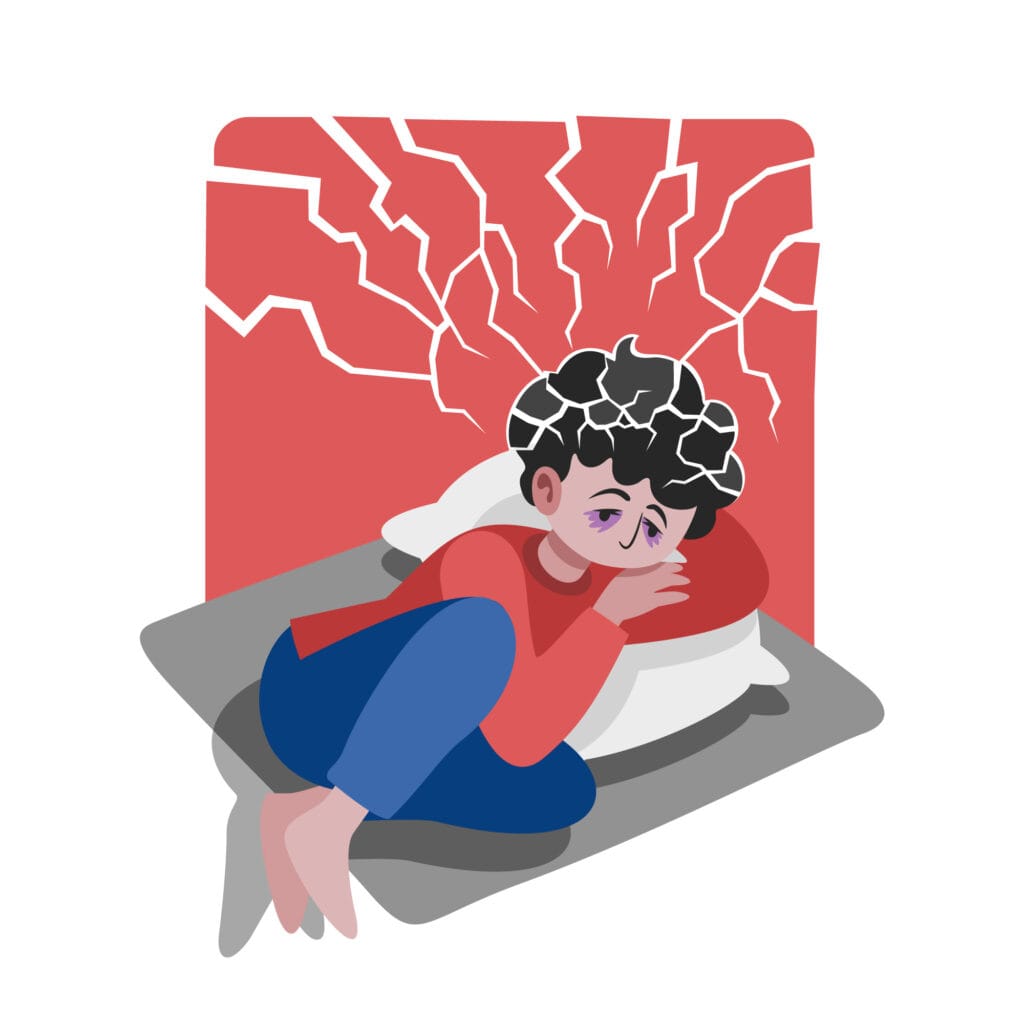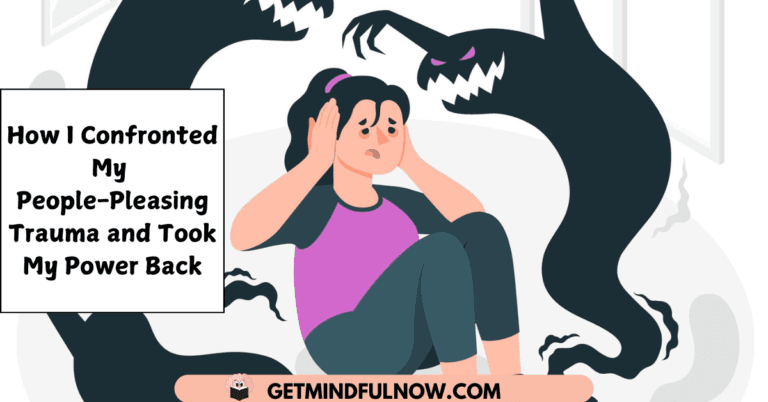Growing up, I often felt helpless and unprotected. My mother, whom I lived with after my parents’ separation, would side with extended family even when they pointed fingers at me or caused me harm. Every time I needed her to stand up for me, she didn’t. Instead, she favored them. This repeated betrayal left deep wounds, instilling a trauma of helplessness in me.

Without realizing it, I carried this pattern into my own life. I developed an unconscious habit of not standing up for those closest to me, even my little sister. She would complain about it, but I’d dismiss her concerns, thinking, That’s not true. I don’t do that. Deep down, though, I knew something was off. Why was it so hard for me to stand up for my own blood, even when I knew they were right?
The Unconscious Loop of Trauma
Years passed, and my emotional and physical health declined. That was my wake-up call. I knew I had to take control of my life if I wanted different results than my parents. This led me to deep inner work, long hours of neuroplasticity meditations, self-reflection, and rewiring unconscious beliefs that dictated my life. Slowly, I became aware of my programming. Not completely, but enough to start catching my patterns, either in the moment or shortly after.
Then, the real test came.
Facing My Reflection
My husband’s family often made remarks that belittled him, but I never spoke up. I played the same game my mother did, staying “good” in their eyes at the cost of my own truth. But then, after a particularly deep meditation, a realization hit me like lightning:
What if my husband did to me what my mother did to me? How would I feel if he chose to remain silent while I was being wronged?
The thought shut me down. I had unknowingly become the same type of people pleaser I resented in my mother.
The Moment of Change
A little while later, my sister-in-law said something while talking to me as blaming my husband, she used a bit harsh words about how he wasn’t balancing family and work properly. For the first time, I confronted her. I replied her in texts, not affirming her standing up for him.
But as soon as I hit send, my body went into full panic mode. My hands were shaking. I was sweating uncontrollably. My heart was racing like I had just seen a ghost. My nervous system perceived this act, standing up for someone I love, as a threat. It wasn’t just a thought pattern; it was ingrained in my physiology.
I used grounding techniques and EMDR methods, ones I apply with my trauma clients, to bring myself back to normal. Slowly, I calmed down. But this moment showed me something undeniable:
Our childhood experiences don’t just shape our minds; they wire our entire nervous system. When we try to break a deep-seated pattern, our body reacts as if we are in danger, even when we’re simply doing what’s right.
Rewriting the Story
For years, I cried myself to sleep as a child, wishing my mother would just say, I’m sorry. I didn’t protect you. But she never did. Instead, she told me to “forgive and forget” because it wasn’t a big deal. What she didn’t understand was that I was a highly sensitive child. When parents fail to provide safety, where else does a child learn it?
This was just one chapter in my healing journey, breaking free from people-pleasing, confronting generational trauma, and reclaiming my voice. Healing isn’t just about knowing better; it’s about feeling safe enough to do better. And that, I’ve learned, takes time, patience, and courage.
If you resonate with this, start by observing yourself. Where do you hesitate to speak up? What beliefs keep you stuck? The real story is hidden in these small, everyday moments. And when you find it, you can begin rewriting it.
Have you ever had a moment where you realized you were repeating a pattern you swore you’d break? Let’s talk about it in the comments.








